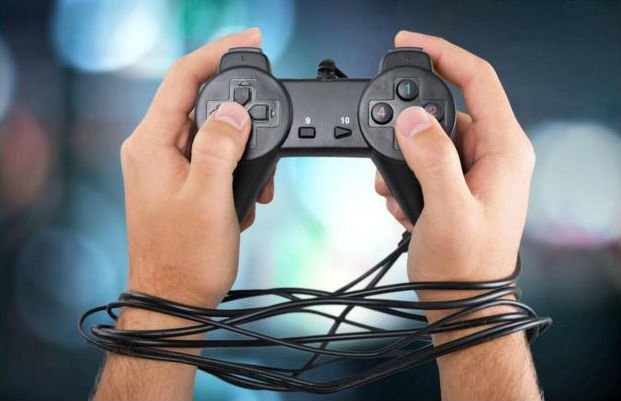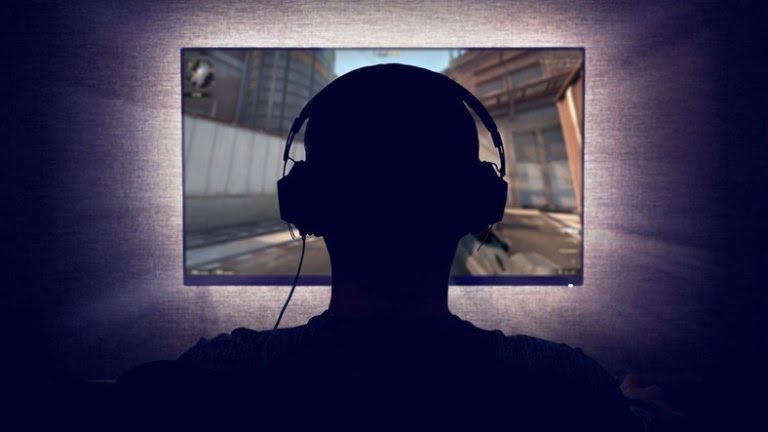“He plays games at every opportunity. At every opportunity! As soon as he gets home, he sits at the computer, just plays games until bedtime and spends almost no time with us. I suspect he’s really addicted. ”
American psychiatrist Eugene Beresin states that with these complaints, more and more parents come to him for therapy every day.
Concerns about video game addiction were recently reviewed by the World Health Organization under the International Classification of Diseases (ICD). In the 11th edition published on May 25, 2019, “Gaming Disorder” takes its place in the “Addictions” category, just like gambling addiction.
As recommended by the United States American Psychiatric Association (APA) Diagnostic and Statistical Manual of Mental Disorders (DSM-5), 5 or more of the following behaviors must be seen in the person to be diagnosed with the disorder.
- Engagement in games – the individual often thinks about playing or eagerly expects to play until it becomes the dominant activity in daily life.
- Experienced withdrawal – the person becomes angry, sad or anxious when prevented from playing
- Improved tolerance – needing to spend more and more time playing
- Loss of control – Unsuccessful attempts to control the frequency of gameplay
- Continuous use – Spending too much time playing games despite being aware of the problems caused by gaming (eye or joint diseases, waste of time or other items below)
- Mislead others – Mislead family members, therapists, etc., about the time allocated to play
- Use as an escape – Playing to lighten a negative mood
- Decreased interests – Loss of interest in previous hobbies or other forms of entertainment
Missing or risking important opportunities – Risking or losing an important relationship, job or other opportunity due to game play
Interestingly, the DSM-5 stated that these behaviors are worth investigating in the future, especially in the context of online gaming disorder. However, it has not been formally noted as a psychiatric disorder.
One reason APA currently does not include internet gaming addiction as a disorder is a recent study of approximately 19,000 young adults aged 18-24 from the United States, United Kingdom, Canada and Germany. In this study, in which all teens played online, about two out of every 100 young adults reported showing at least 5 of these behaviors, and less than one in 100 said they were troubled.

So even if the game addiction is a real addiction, it is very rare. There are very few studies on the habit of constantly playing games with consistent methods.
Others pointed out that the criteria could be misleading. If playing games is an escape from stress, maybe that’s not so bad. And if serious interest is involved, how is it different from a child or young adult obsessed with reading science fiction or playing the piano, outside of other activities?
And for other kids, what if playing is an important part of maintaining relationships with peers? Would many parents object if their children were obsessed with chess or fantasy football? May be not. There seems to be a bias that diving into the world of video games is somehow a “bad” activity or a waste of time compared to other types of activity.
But apart from discussing the pros and cons of video games versus other activities, and apart from the relative rarity of the suggested disorder, it’s a problem if it’s your child.
What Parents Can Do
Your child:
- He plays intensely;
- School, work, other hobby areas etc. lose interest;
- He takes refuge in games as a way of escape from his family and friends;
- He is hiding from you that he is playing late at night (many online players, especially abroad with children playing games after midnight);
- If he refuses to travel or go on vacation because it takes time to play, he says there is a problem.

1) The problem may not be as simple as a game disorder. If your child plays in a way that affects their normal social and academic spheres, they may have depression, anxiety, ADHD, another learning disorder, PTSD (post-traumatic stress disorder) caused by bullying, or another psychiatric disorder.
2) Open a chat about this. Start with open-ended questions about what games your child is playing, what makes him or her so fun, and how advanced it is. Be careful not to be in a queries attitude! Most children will anticipate these types of questions this way and realize they have had this conversation to stop playing games. Try to be open minded and curious.
3) Play with your child. It may not be fun for you, but most parents have never played video games with their kids or even watched them play. Few people know the content, required skills, or purpose of games, but there is no better way to relate to this area of your child’s life than to sit and play. This will not only show that you understand and accept your interest, it will also allow you to have more candid conversation about the impact of play on your child’s life.

4) Help from online sites. If you want to learn the content of a particular game or more signs and symptoms of game issues, there are several great online sites to visit, such as Common Sense Media.
5) Set reasonable limits. If you decide that this is enough, you may want to set limits on playing time. There is no set rule for this and it depends on your family’s situation. For example, would it make sense to limit screen time if your child is an honors student, is doing college sports and has an active social life?
Probably not. But if your child fails in many normal, routine activities but plays excessively, you may need to set clear rules. In fact, clear rules for all digital media use – gaming, messaging, website browsing, and more – should be open to discussion and built into all families for both kids and parents.
6) Talk to your friends or family who have kids playing video games. Talking to others will always help you see how your child is doing compared to others playing. Of course, every child is different and can play for different reasons, but if you can put your fears into perspective, it can be very helpful to see if your child is off the charts and needs support or more typical than you realize.
7) If you are worried about any other underlying psychiatric disorder after you have determined that your child is obsessively and comprehensively playing, there is no harm in talking to your pediatrician as a first step and seeking help from a psychologist or child and adolescent psychiatrist to evaluate your child.
Sea Send



